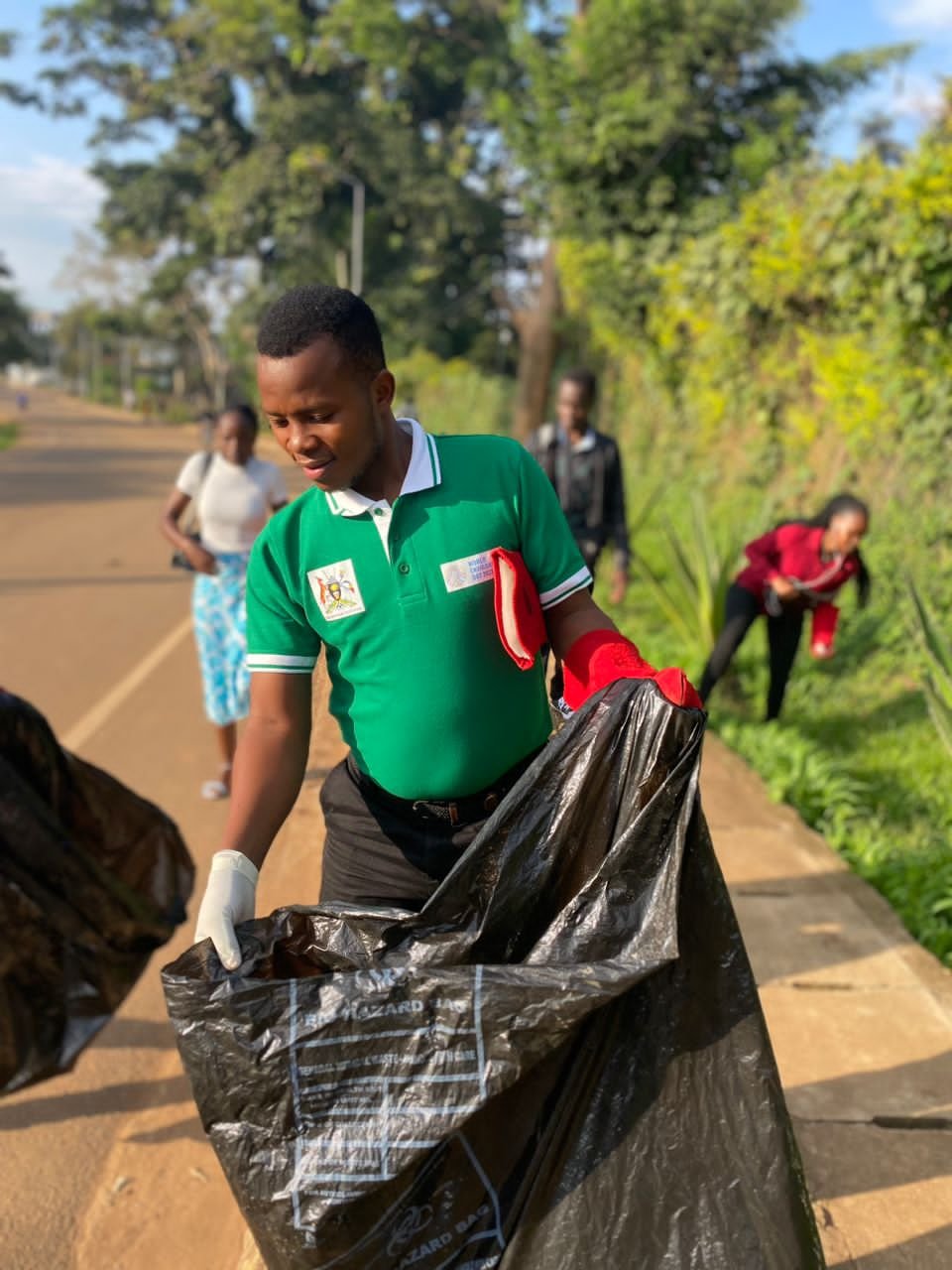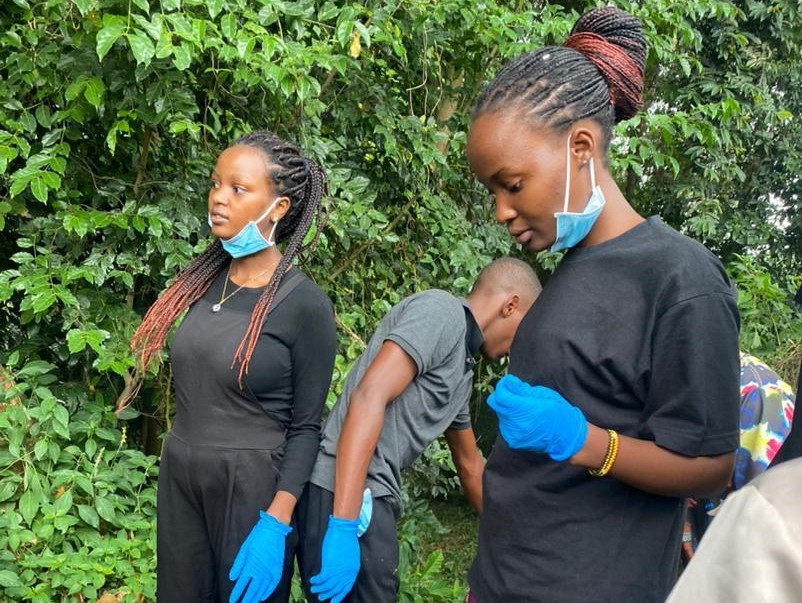Plastic waste poses a major threat to the environment, human health, and wildlife.
According to Dr Poonam Khetrapal Singh, the Regional Director, World Health Organization South-East Asia Region, Global plastic production has exponentially increased in recent decades, reaching a staggering 400 million tons annually, with only 9% being recycled and 12% incinerated.
In Uganda, National Environmental Management Authority reports indicate that Uganda has produced more 12,330 metric tons of plastics since 2018.
 Advertisement
Advertisement
Kampala Metropolitan area alone generates 135,804 tons of plastic waste per year, of this 42% is uncollected, 15% collected through the value chain approach and 43% by service providers.
Attending the Plastic Waste Management Symposium at Uganda Wildlife Life Conservation Education Center showed me that there is hope for our environment, and it starts with proper waste management.
Throughout the 3-day training, it was established that, by reducing, reusing, and recycling waste materials, we can significantly reduce pollution in our environment. Trainees picking plastic litter around UWEC.
Trainees picking plastic litter around UWEC.
We also discovered how plastic waste, in particular, poses a significant threat to our ecosystem and wildlife, making it crucial to take action in managing and avoiding plastic litter.
During the hands-on engagement, we cleaned up the forest, picked up plastic waste, and later transformed these into beautiful household products including bags and chairs.
We were also equipped with communication and negotiation skills to enable us properly market our products.The symposium impressed upon us the importance of youth education in protecting the environment by being mindful of the impact of our deeds.
It was in this vein, Mr. Mwesigye Julius emphasized that young people can play a significant role in managing plastic waste.
I commend the Uganda Wildlife Life Conservation Education Center for organizing the Plastic Waste Management Symposium.
Attending this symposium has given me an optimistic outlook on the future of our environment. By reducing, reusing, and recycling our waste properly, we can create a better world for ourselves and preserve our wildlife in their natural habitats. Advertisement
Advertisement





















Discussion about this post